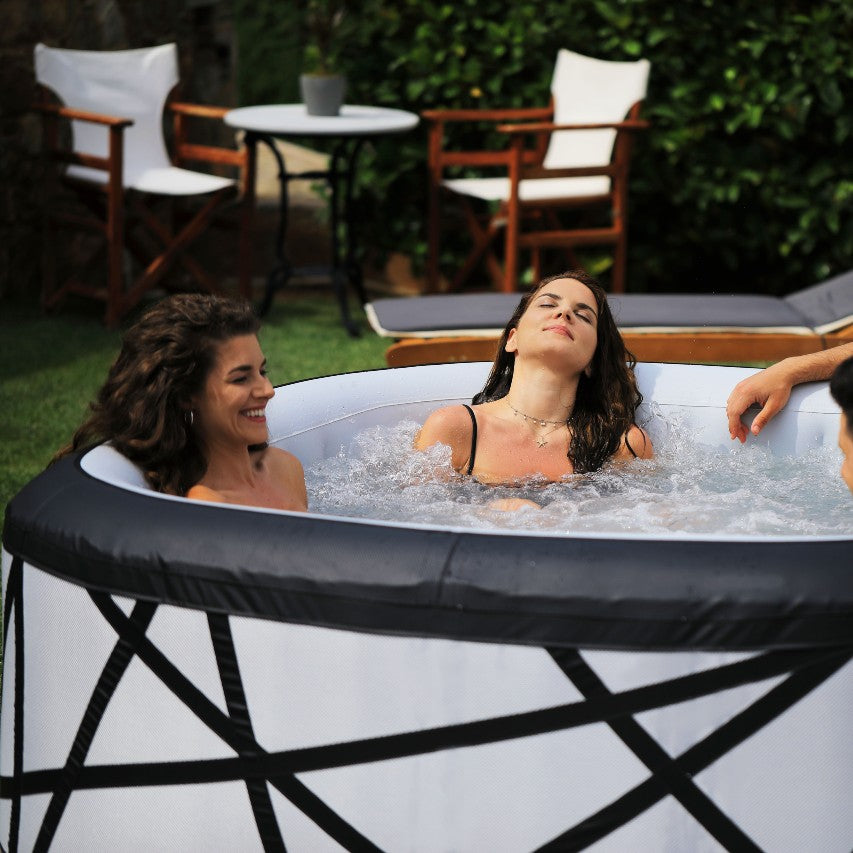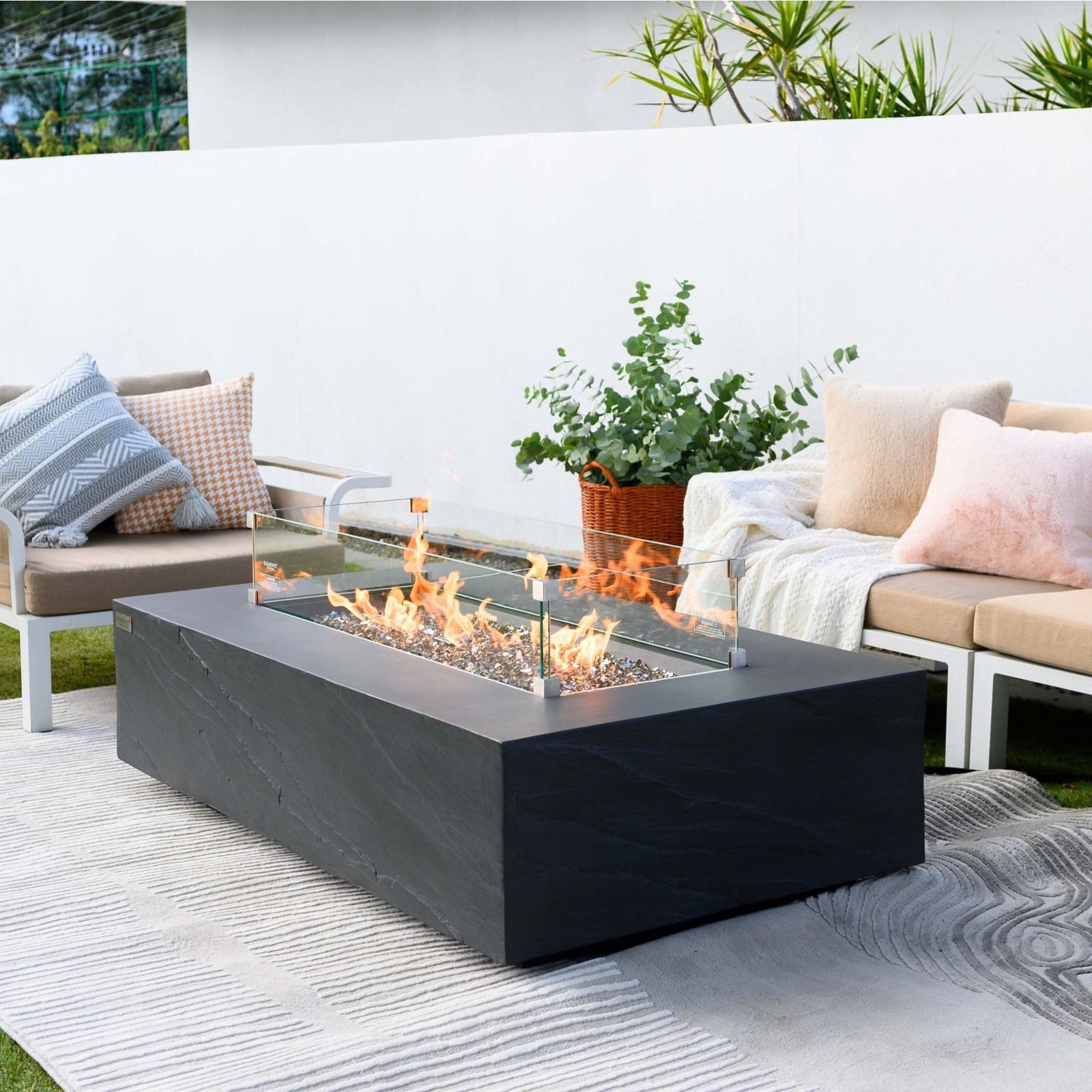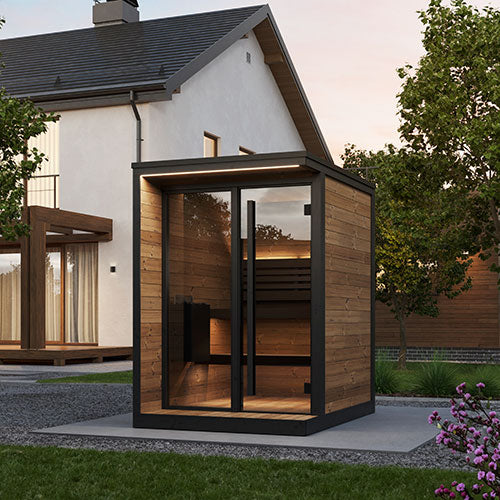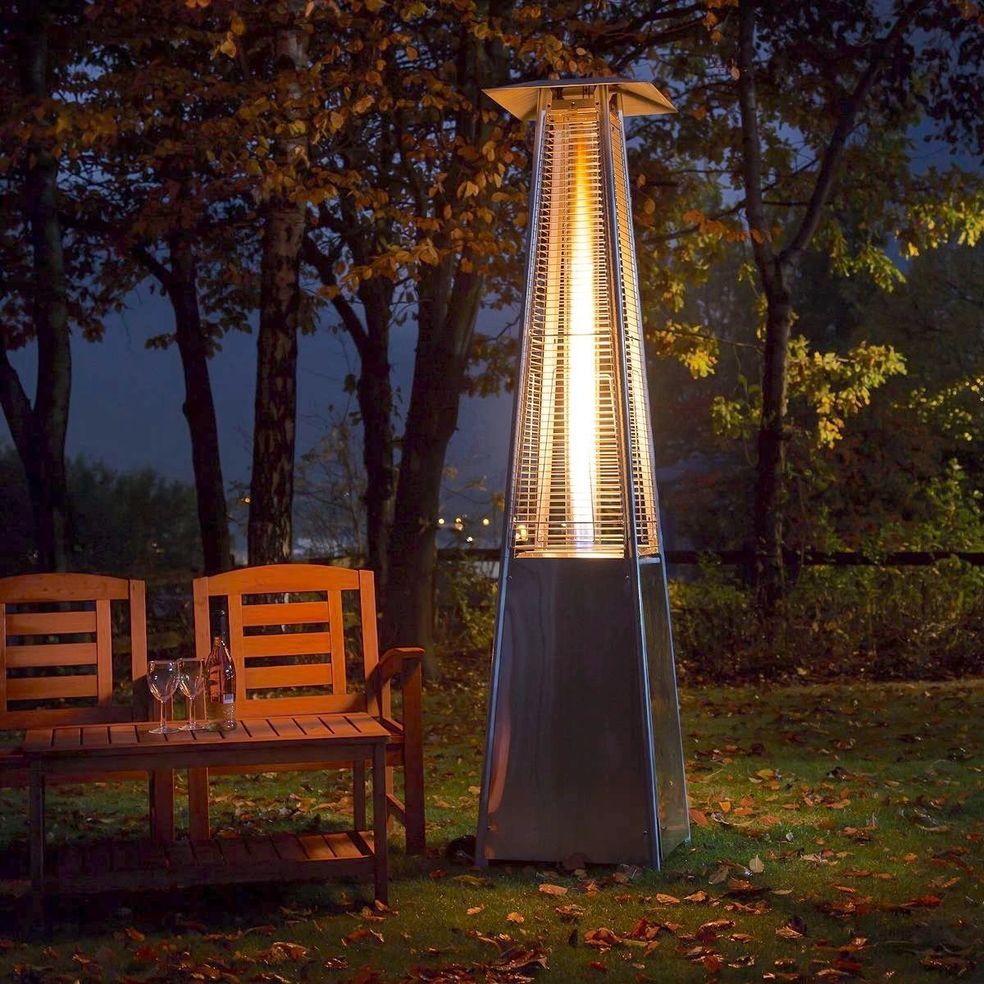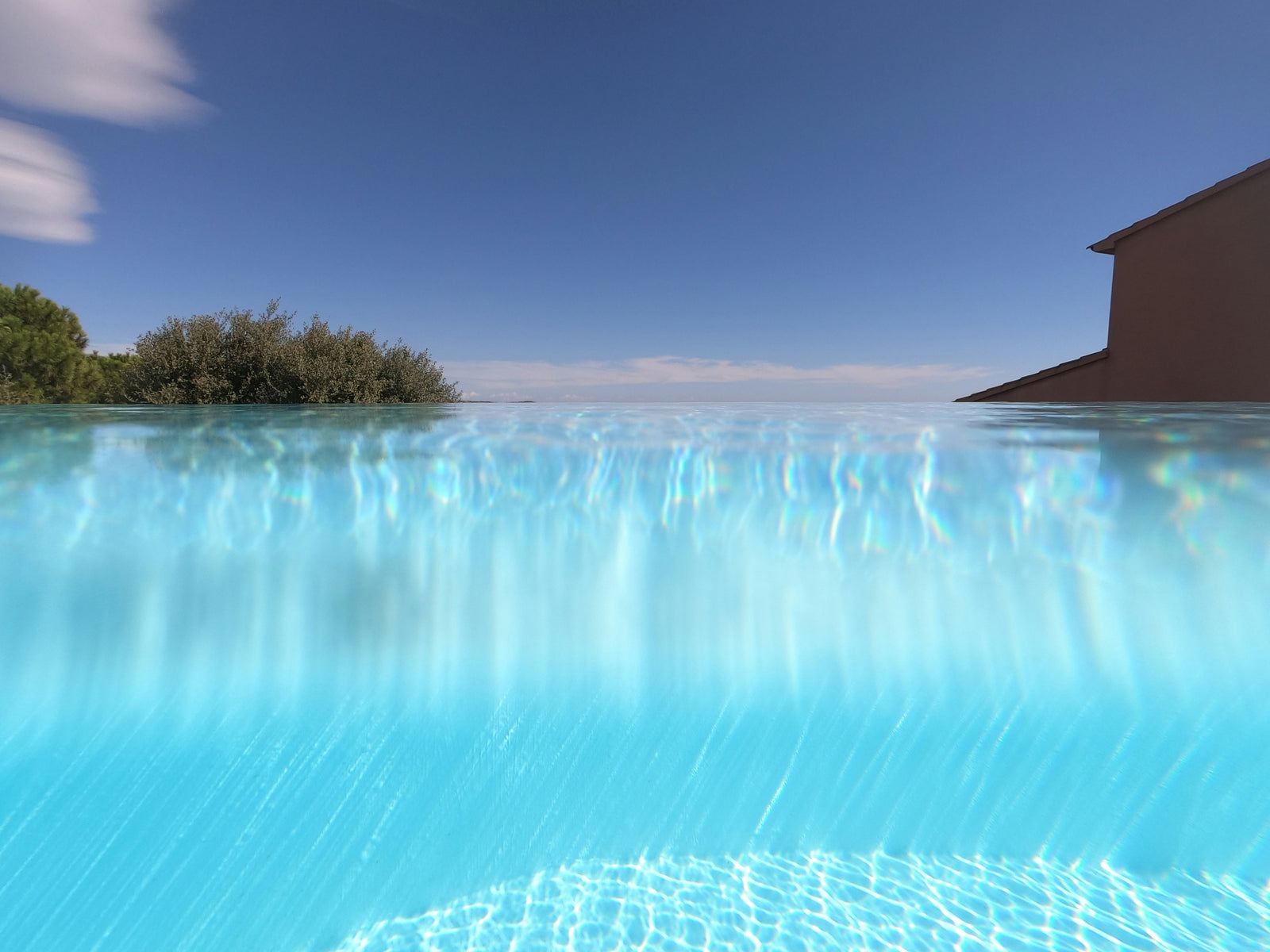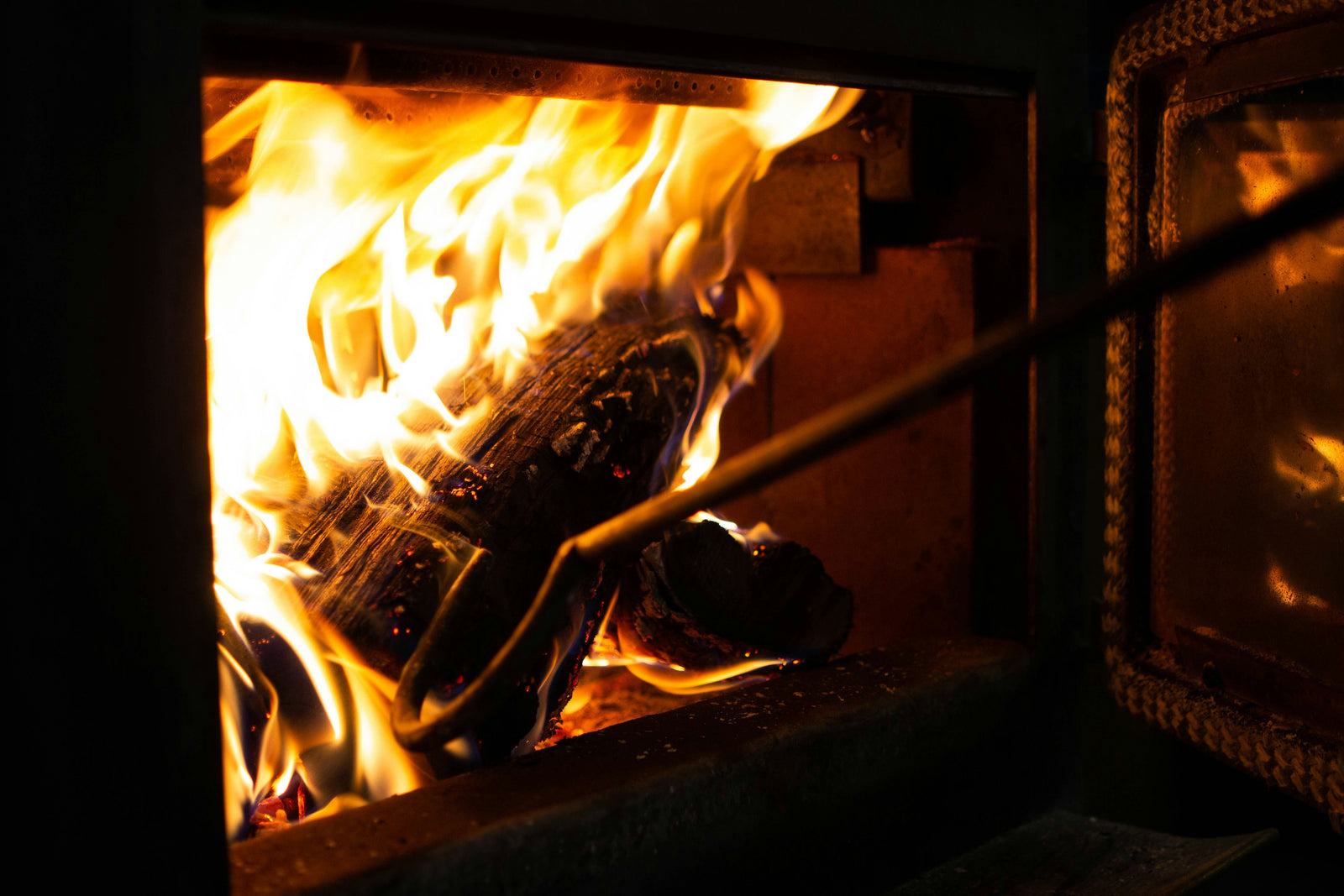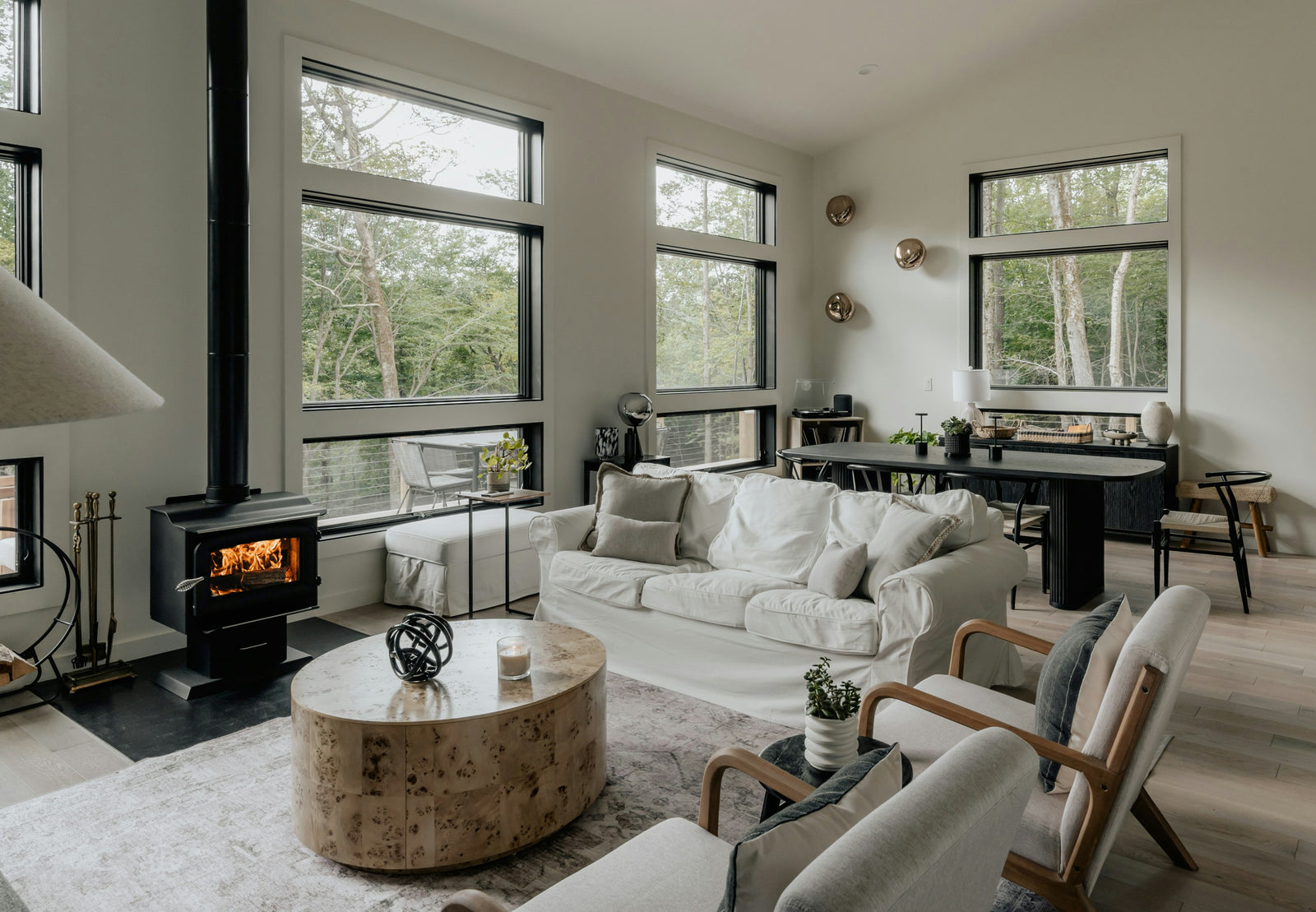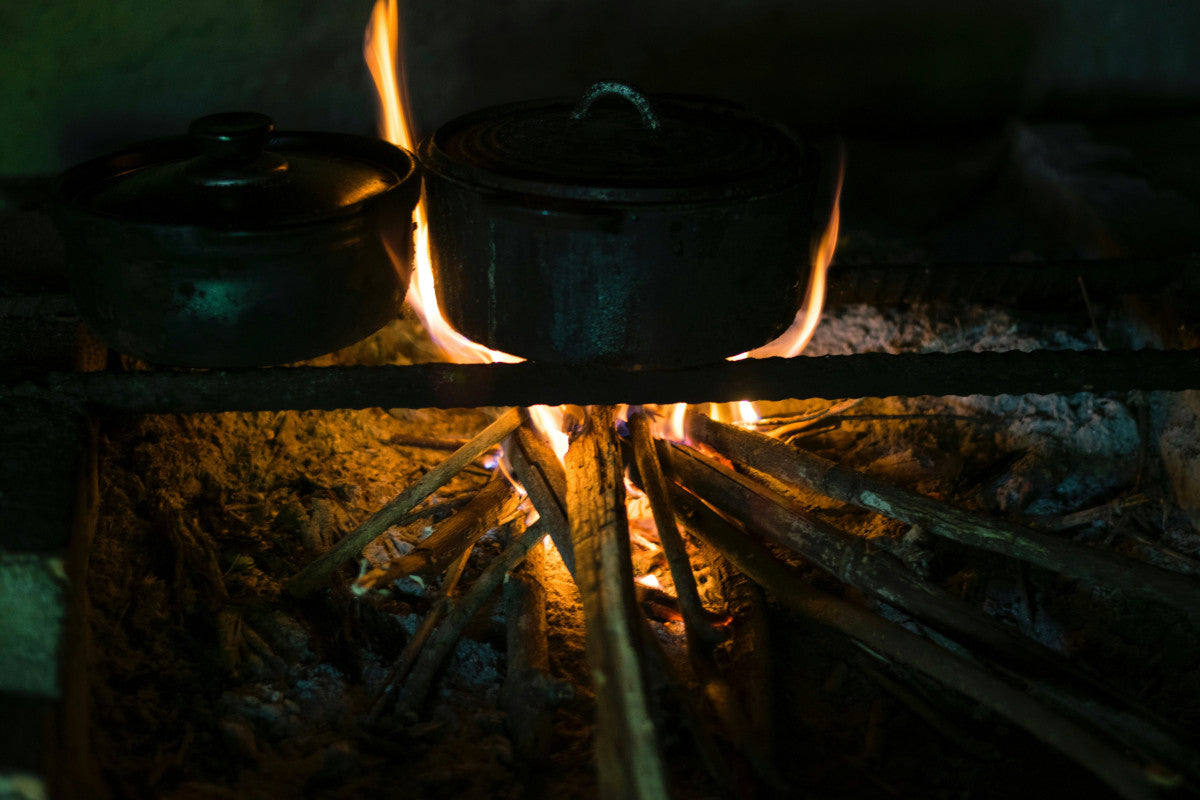Very few individuals are fortunate enough to live in a region where their pool sits at the perfect temperature all season long, which is why the idea of heating your pool is so compelling.
You can get more use out of one of your favorite features in the yard with this investment, whether it’s relaxing with the family or making memories with friends during a pool party.
But, how much does it cost to heat a pool per day - or per month for that matter? There’s no one-size-fits-all answer as it all depends on the specific type of heating solution you’re using, your climate, and a few other factors.
Our guide on the cost of heating a pool will break these down for you so that you can set your expectations and determine if this is really worth it or not.
That being said, you can generally expect to pay a few thousand dollars for the upfront investment and another few thousand dollars to heat the pool over the course of the season (From May to September).
For the lowest heating prices possible, invest in the ultra-efficient AquaCal pool heater lineup we’ve curated for you here at Outdoor Direct. The AquaCal HeatWave SuperQuiet Pool Heater is as energy efficient as it gets, helping you cut costs and spend more time enjoying the pool.
Is it Expensive to Run a Pool Heater?
Let’s make one thing clear, running a pool heater doesn’t have to be expensive. Generally, electric heat pumps are considered the most cost-effective for long-term use, especially in climates that aren't extremely cold.
So, how does a pool heat pump work? They utilize ambient heat from the air, which makes them more energy-efficient than other types. However, they may cost a bit more upfront and may take a bit longer to heat up your pool.
In comparison, natural gas heaters are capable of heating the pool faster but tend to be more expensive to operate due to the high cost of gas.
Still, this might be the best option in cooler climates that need rapid heating. Propane heaters operate similarly to natural gas but are generally more expensive due to higher propane prices.
Solar pool heaters have a higher upfront cost but practically negligible operational costs since they rely solely on solar energy. This makes them an attractive option for sunny areas, offering significant savings over time. They won’t offer much help in cloudy regions, though.
You can learn more about cost discrepancies between a pool heat pump vs gas heater and solar vs heat pump pool heater below.
How Much Does it Cost to Heat a Pool Per Day Using Different Methods?

So, how much does it cost to heat a pool? Let’s look at the four most common styles below and help you set your expectations, starting with the electric pool heat pump costs.
Electric Pool Heat Pumps
While a high-quality pool heat pump can cost anywhere from $3-8k upfront, it pays for itself in the long run in energy efficiency. The actual cost to operate these will vary depending on the size of the pool and the pump’s efficiency, but you can expect to pay about $2.50 to $6.00 per day.
This estimate is based on a heat pump with an output of 100,000 BTU, assuming an average electricity cost of $0.13 per kWh and operation for about 8 to 10 hours a day.
However, we actually recommend letting your pool heater run around the clock for better energy efficiency as we discuss in our guide on how long should a heat pump run per day.
These are also a more environmentally friendly solution as they don’t directly produce emissions like the other types of pool heating solutions below.
Just be aware that they can take a while to get your pool to the desired temperature. Read our guide on how long does it take to heat pool for more information.
Still not sure which heat pump is right for you?
Natural Gas Pool Heaters
Natural gas heaters are quicker in heating pools but tend to be more expensive to operate than electric heat pumps. You’ll find that you end up paying more over the course of your pool heater’s life.
The average daily cost ranges from $5 to $18. Of course, this is all depending on the price of natural gas in your area. This assumption is for a heater with a 100,000 BTU output running for about 8 hours a day.
These are a great choice for those who want to heat their pool in a colder climate where an electric pool heater may fall short as they do not rely on ambient temperatures. They also work faster than pool heat pumps.
The only drawback is the cost we mentioned above along with the impact these can have on the environment with emissions.
Propane Gas Pool Heaters
The other type of gas pool heater uses propane, which ends up being more expensive than its natural gas counterpart.
The cost to heat a pool for one day using a propane heater can range from $18 to $30. This is based on propane prices of $2.50 per gallon with the same size heater and duration as above.
We recommend these if you can’t afford the upfront cost of an electric pool heat pump, need faster heating, and don’t have access to natural gas in your area. You’ll just need to stomach the ongoing costs of operation which can exceed $5k per season. Like natural gas, propane emissions may be a concern too.
Solar Pool Heaters
Last but not least, we have solar heaters - which are the cheapest option on the market given they harness the sun’s energy to heat your pool.
The daily operational cost is effectively $0 assuming sufficient solar coverage. Just be aware that the initial setup can range from a few thousand to tens of thousands of dollars.
While you will pay this off over time with virtually non-existent operating costs, you still need the cash on hand to make the initial investment. They also heat very slowly and are highly dependent on the weather in your region.
Other Factors Influencing the Cost to Heat a Pool

While much of the cost to heat a pool comes down to how you’re heating it, there are three other factors that will play a part in your operating costs.
Insulation and Pool Covers
Insulation reduces heat loss through the pool’s walls and floor, making the heating system more efficient and reducing energy consumption. This is something that should be thought of when actually designing and installing the pool, as there’s nothing you can do about it after the fact.
That being said, a pool cover is the next best thing to implement insulating features into your pool. These minimize evaporation to maintain temperatures. We recommend using a cover overnight so your pool heater doesn’t have to work as hard, in turn, saving you money.
Climate and Season
The biggest determinant of what you’ll pay to heat your pool is the desired temperature you want to keep it at in relation to the ambient climate.
Pools in colder, windier climates will lose heat more rapidly than those in milder climates, requiring more energy to maintain a comfortable temperature. The cost to heat a pool in California will be far lower than the cost to heat a pool in Oregon or Washington.
Similarly, when you’re trying to heat your pool plays a role here as well. Heating a pool during the cooler months of the year or in less sunny conditions demands more energy.
Tips on Heating Your Pool as Efficiently as Possible

Before we wrap up our guide on the cost of heating a pool, here are some more tips on cutting costs while enjoying your pool to the fullest.
Choose a Quality Pool Heat Pump
All in all, an electric pool heat pump is the most cost-effective way to keep your pool warm year-round. These are quite the investment, but they pay for themselves over the course of the long pool heat pump life expectancy.
That being said, not all pool heat pumps are created equal. If you really want to save money without sacrificing on pool heating performance, you need to do your due diligence and get a high-quality solution.
As we said from the start, the best pool heat pump is just a few clicks away at Outdoor Direct, whether you need a small pool heat pump or a commercial pool heat pump. We source AquaCal which is the industry-leading choice for dependability and efficient performance.
The HeatWave SuperQuiet series is the most sophisticated solution on the market. The series features COP ratings as high as 7.1 and BTUs ranging from 101k to 143k. Here are a few reasons we recommend these pumps:
- Patented ThermoLink Titanium Heat Exchanger: Enhances durability and efficiency.
- Corrosion-Proof Cabinet with AquaTop: Protects against environmental elements and debris.
- Quiet Scroll Compressor: Ensures minimal operational noise.
- Digital Microprocessor Controls: Easy-to-read display for precise temperature management.
- PoolSync Ready: Remote control via smartphone with additional WiFi controller.
- Energy Savings with Variable Speed Pump Compatibility: Reduces operational costs.
- 10-Year Warranty on Evaporator Coil: Long-term reliability assured.
- Hybrid Functionality: Optional gas heater activation for extra heat.
Make no mistake, though, the AquaCal TropiCal Heat Pumps are a great budget-friendly option that still offers impressive performance. With COP ratings as high as 6.0 and BTUS ranging from 52k-132k, you can’t go wrong with these either.
If you struggle to keep your pool cool during the peak of summer, you may be interested in an AquaCal chiller instead, or better yet, a pool heater chiller combo.
Not sure which solution is right for you? Don’t play the guessing game with pool heat pump sizing or model selection. Get in touch with our helpful customer service team or take our quiz below!
Still not sure which heat pump is right for you?
Optimal Heater Sizing
Speaking of sizing, this is an important aspect of maintaining operational efficiency.
An undersized heater will struggle to heat your pool effectively, running continuously and using more energy. Conversely, an oversized heater can lead to rapid cycling, which also wastes energy.
So like we said, take our sizing quiz above or get in touch for one-on-one assistance. You don’t have to figure this out on your own!
Keep Your Heater Running
We briefly mentioned this earlier, but contrary to what you may assume, running your pool heater constantly actually ends up costing less than only using it when you want to swim.
Constantly reheating the pool from a cold start uses more energy than maintaining a steady temperature, especially if you use your pool frequently.
Covering Your Pool When Not in Use
Finally, invest in a good pool cover if you’re worried about losing heat overnight. Covering your pool when it’s not in use keeps the water warmer for longer, reducing the demand on your heating system.
Wrapping Up Our Guide on the Cost of Heating a Pool
So, how much does it cost to heat a pool? Here’s a quick refresher:
- Electric heat pumps are the most energy-efficient solution.
- Gas heaters provide rapid heat at a lower upfront cost but much higher operating costs.
- Solar heaters cost the most upfront but have no ongoing costs.
Carefully consider your climate, pool usage, and budget when selecting a heating option. When in doubt, reach out, we’ll walk you through choosing the right solution for your unique needs.
Our blog has more resources on heating your pool like pool heat pump installation, how warm can a heat pump get a pool, pool heat pump not heating, above ground pool heat pump, AquaCal vs Pentair heat pump, resetting AquaCal heat pumps, and more.
At this point, though, there’s only one thing left to do - discover the perfect pool heater to maximize your outdoor enjoyment at Outdoor Direct!Keep costs low while you extend the swimming season today.

